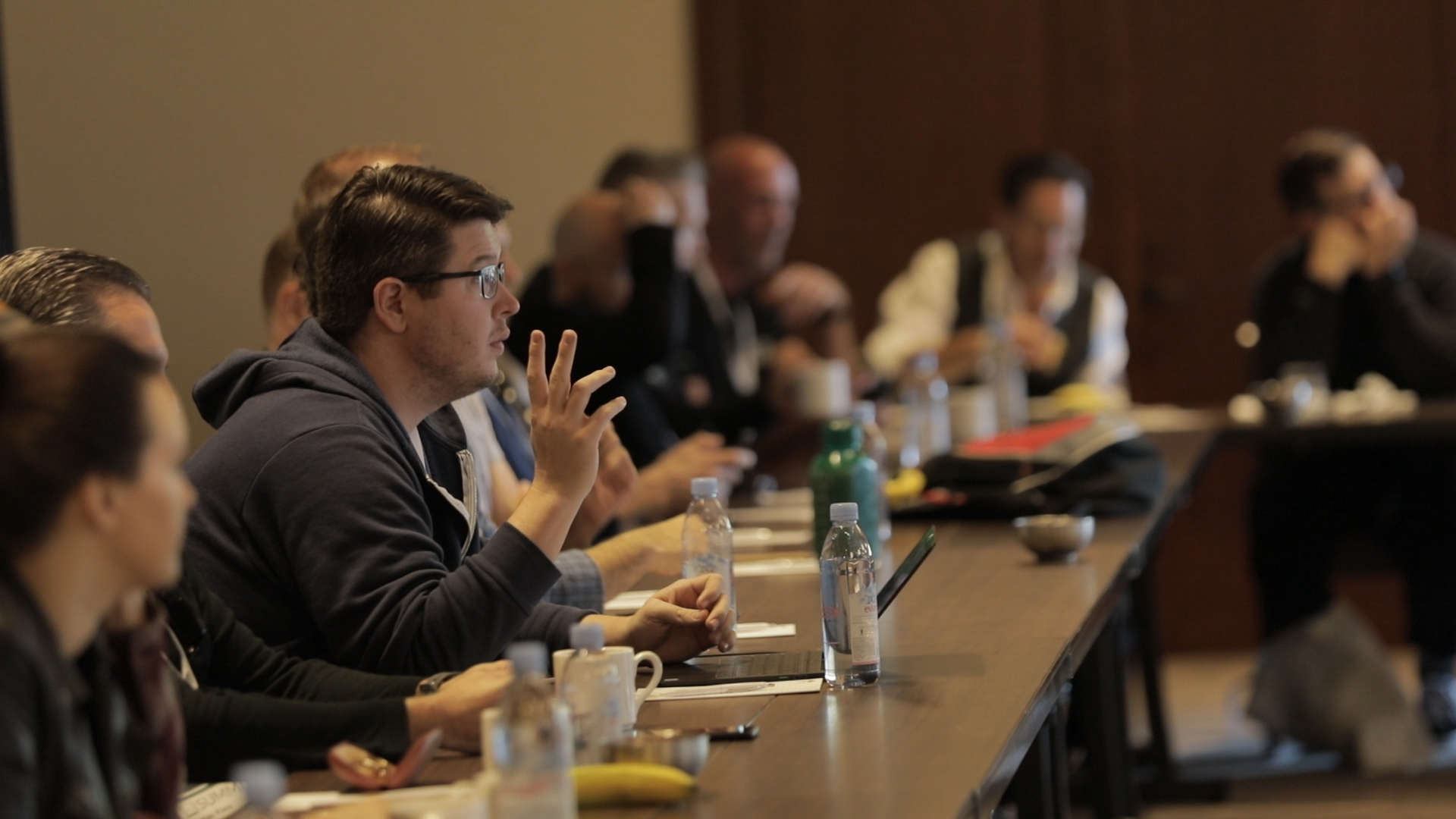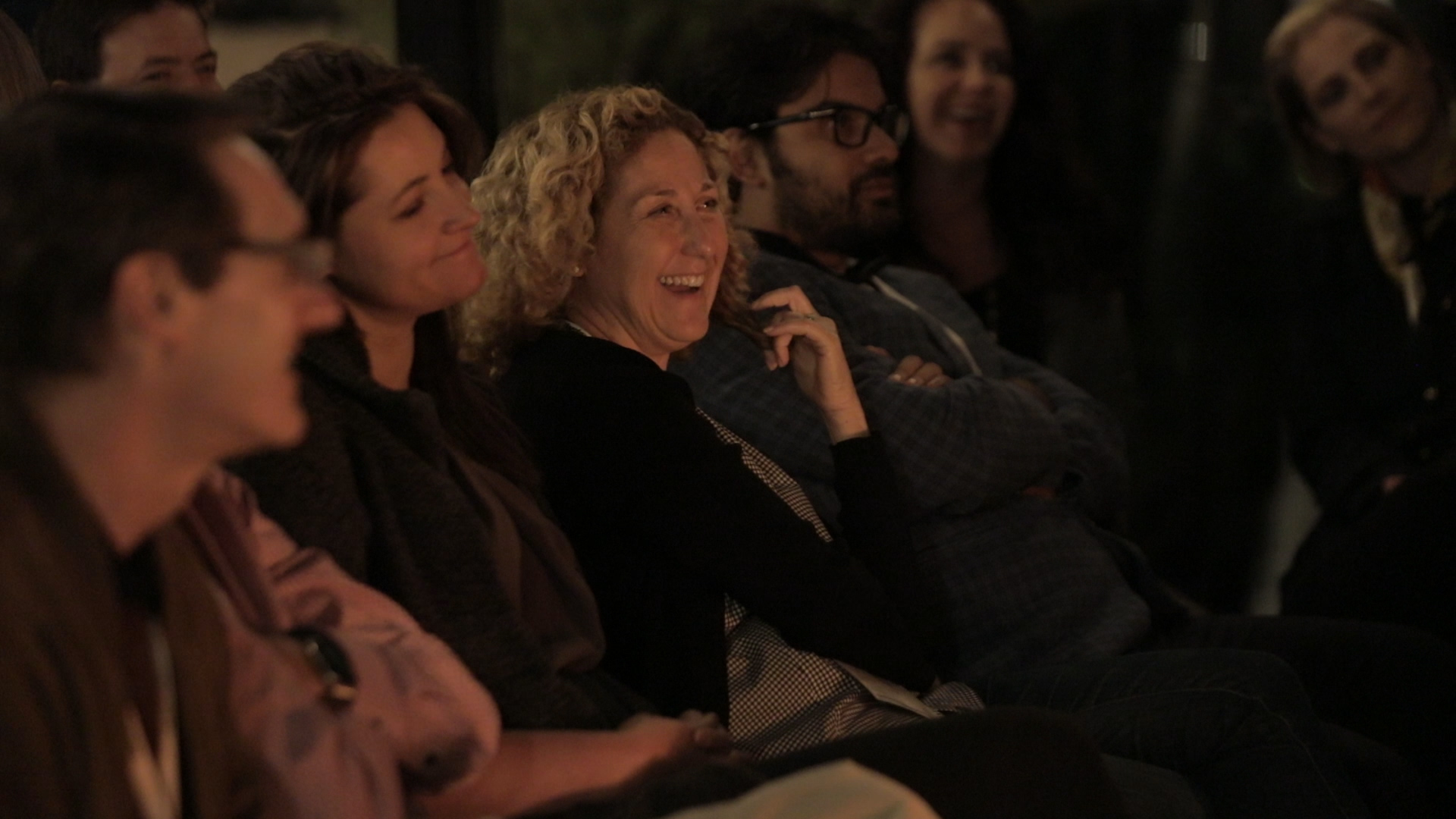
The year is 2012. It is four years after the financial meltdown and we are finally seeing some signs of recovery. However, 7.7 percent of the country is still unemployed. There are many websites and resources, such as Monster, Careerbuilder, and The Ladders to help employment seekers. And yet, we still have millions of people looking for new jobs and careers.
“The job market is totally broken” as Marc Hoag, Co-founder and CEO of Venturocket, puts it.
Hoag believes that his startup Venturocket is a solution to the unemployment epidemic.
Inspiration for Venturocket
Hoag doesn’t think that job seekers should have to search for work. (Yay!) “This is the 21st century,” Hoag says. “Isn’t it sort of common sense that it shouldn’t be this hard for people to find work?”
He is frustrated that finding a job still depends your resume and cover letters. Applicants waste time, money and energy looking for work. A number of services also take advantage of naive job searchers.
On the flip side, employers can’t find talent. Employers waste time, money and productivity posting their openings when there is no guarantee of finding a qualified candidate. Every minute a job position is not filled is another minute of lost productivity. Recruiters shouldn’t have to search through ‘resume spam’ to fill their needs.
“Something is really wrong when it’s considered good when 5 percent of candidates are actually qualified.” Says Hoag.
Venturocket addresses these issues and is a way for job seekers and employers to make professional connections without the hassle. That means no resumes and a focus on skills. Hoag’s vision is that Venturocket will “effectively push job seekers to the most relevant jobs for their particular skills.”
Building a Startup: Balancing Commitment and Embracing Change
Hoag is California-licensed attorney with an Econ degree from UCLA, but he founded a tech startup. How is he making such a turnaround work? And what has he learned from it?
Hoag has been thinking about solutions to help the job market for the better part of 12 years. He is enthusiastic and passionate about his ideas, but recognizes that won’t be enough to run a startup.
“I believe that when people have alternative options it prevents them from focusing on the singular goal they have in mind. When I turned my back on my legal career I effectively shut the doors on any other alternative in my life. When you only have one opportunity for success; you make it happen.”
Lesson Learned: Real commitment means eliminating other opportunities and focusing on your goals. Yes, you need to be full-time if you want to run a startup.
That said, commitment isn’t everything and it is possible to over commit and become too confident.
“You need to be willing to throw your hands up in the air at times and admit you have no answer to a question. Sometimes you have to take a step back and be aware that you simply don’t know everything. You won’t always be sure if a particular strategy will work out or not.”
Lesson Learned: The reality is that you when you are fully immersed in a project you will need to learn and challenge existing hypothesis about everything, including your approach.
In fact, sometimes committing to an idea can be dangerous.
“Working on a startup is an on-going evolution. Rather than resisting that evolution you should go along with it and embrace change. If you resist change or have some sort of passionate connection to a particular concept, model or idea, that is really dangerous.
It’s one thing to love what you are doing, but it’s another thing to be too attached to it. If you get too enamored, it can blind you.”
Lesson Learned: Founding a startup is a crazy ride. It won’t necessarily look like you think it will, but you still have to commit to it wholeheartedly.
What tips and tricks do you have for balancing commitment and embracing change? We’d love to hear from you. Leave a comment below!
Want to learn more about @venturocket? Check out Marc’s Quora profile or connect with him on Twitter @marchoag






